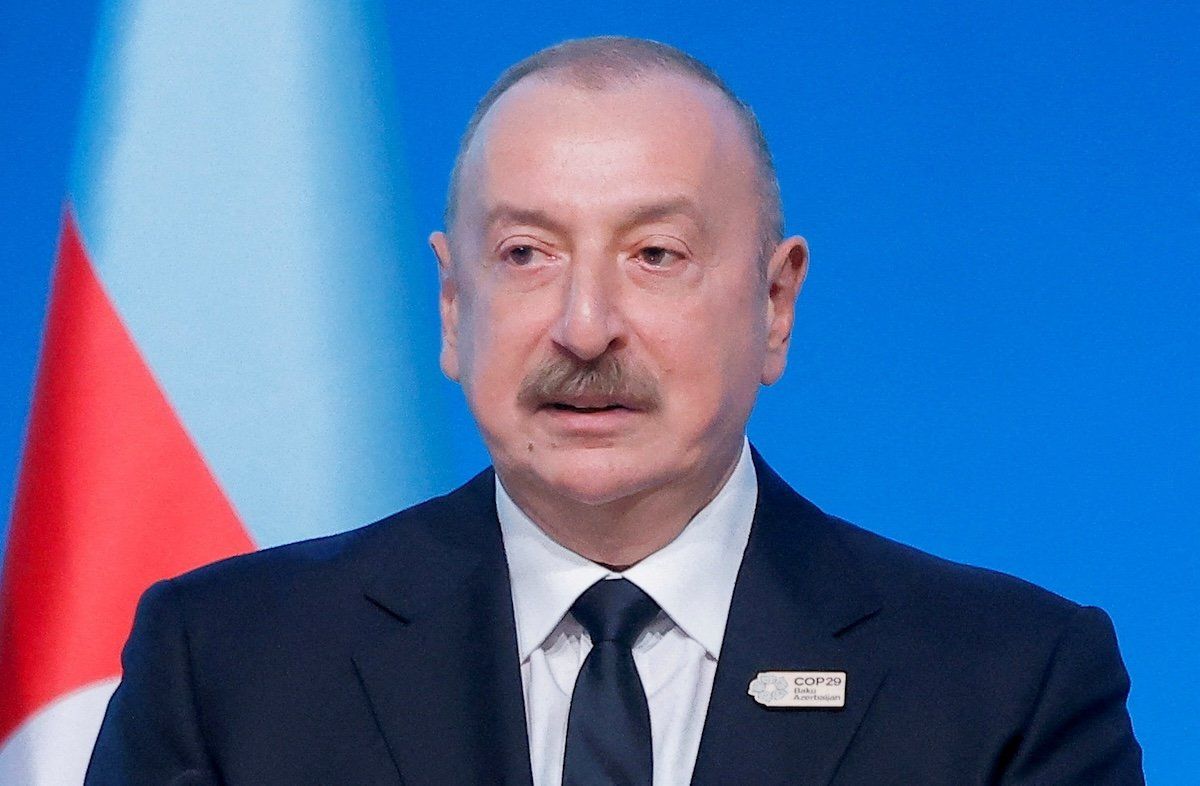“Zangezur” you say? The strip of land that could spark Europe’s next war
Azerbaijani President Ilham Aliyev slammed neighboring Armenia this week, calling it a “fascist state” and pledging to carve a land corridor through the country.
The background: Azerbaijan and Armenia are deadlocked in peace talks that aim to end decades of conflict, much of which has centered on Nagorno-Karabakh, an ethnic-Armenian enclave that split from Azerbaijan after the collapse of the USSR. In 2023, Azerbaijan seized full control of the region again, realizing a long-held dream of Azeri nationalists. (For an explainer, see here.)
But Azerbaijan wants more. Aliyev seeks permanent, unfettered access to Nakhchivan, a part of Azerbaijan that is separated from the rest of the country by the southern Armenian region of Syunik. To establish that connection, Baku wants to carve out what it refers to as the "Zangezur corridor", which would traverse Syunik. (More on that, including a map, here.)
“The Zangezur corridor must be opened and it will be opened,” Aliyev thundered in a Tuesday interview, threatening “the factor of force.”
Armenia’s embattled Prime Minister Nikol Pashinyan says he has laid out proposals guaranteeing Azeri access to Nakhchivan, but hasn’t heard back.
Is Aliyev really ready to start a war? Doing so would risk blowback from the EU, which could slap sanctions on him right as he is hoping to emerge as a reliable non-Russian natural gas supplier.
“Aliyev can get concessions from Pashinyan if he keeps pushing,” says Tinatin Japaridze, a Caucasus specialist at Eurasia Group.
“But the trick,” she says, “is to not overdo it.”
